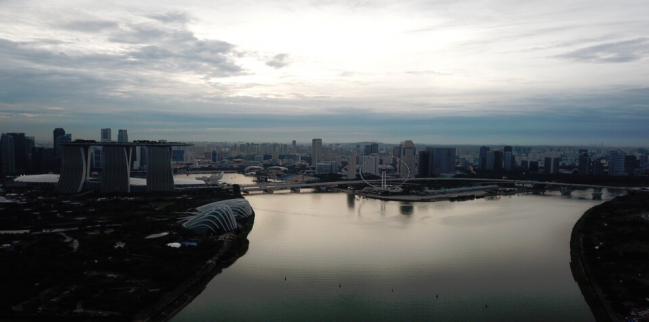Fiction Meets Science II: Varieties of Narrative
The collaborative research project between literature and social science scholars studies how science is being portrayed in fictional narratives in literature, movies and science journalism in diverse cultural contexts of science and public discourse production. Such studies not only provide insights into the cultural products as such, but also serve as a platform for investigating the inner workings of science and its changing place in society.
The PhD Project: Narrating Science as a World-Making Activity: Sea Level Change in Singapore
Since the Tsunami hit South and Southeast Asia in December 2004, dystopian images of flash floods and rapidly eroding coasts increasingly form part of science narratives put forth in novels and science journalism. Yet, the question to which qualitative degree and how these science narratives and the images of rapidly changing coastal futures portrayed also inform policy-making so far remains to be answered. Against this background, the project ethnographically assesses how distinct argumentative currents and scientific narratives are mobilized in discursively and communicatively constructing imaginaries of a sea level change challenged future, which in turn legitimate Singaporean policy making in relation to coastal protection and early warning systems. It is the aim to qualitatively assess how, to what degree and in which shapes science narratives told in the realm of popular culture and science journalism enter the discourses, logics and reasoning put forth in the political realm with the aim to guide political decision-making.
Research Question
How do fictional science narratives of rapidly changing coastal futures in relation to sea level change travel and are translated into the policy-making sphere?
Conceptual Framework
- Communicative and Discursive Constructivism (Knoblauch, 1995; Reichertz, 2010);
- The Sociology of Knowledge Approach to Discourse (SKAD) by Reiner Keller (2001, 2005, 2011a, 2011b);
Ethnographic Methods
Participant observation, in-depth interviews, focus group discussions.
Project Partners (Germany) |
International Project Partners | |
|---|---|---|
|
University of Bremen University of Oldenburg Hanse-Wissenschaftskolleg Delmenhorst |
National University of Singapore
|





